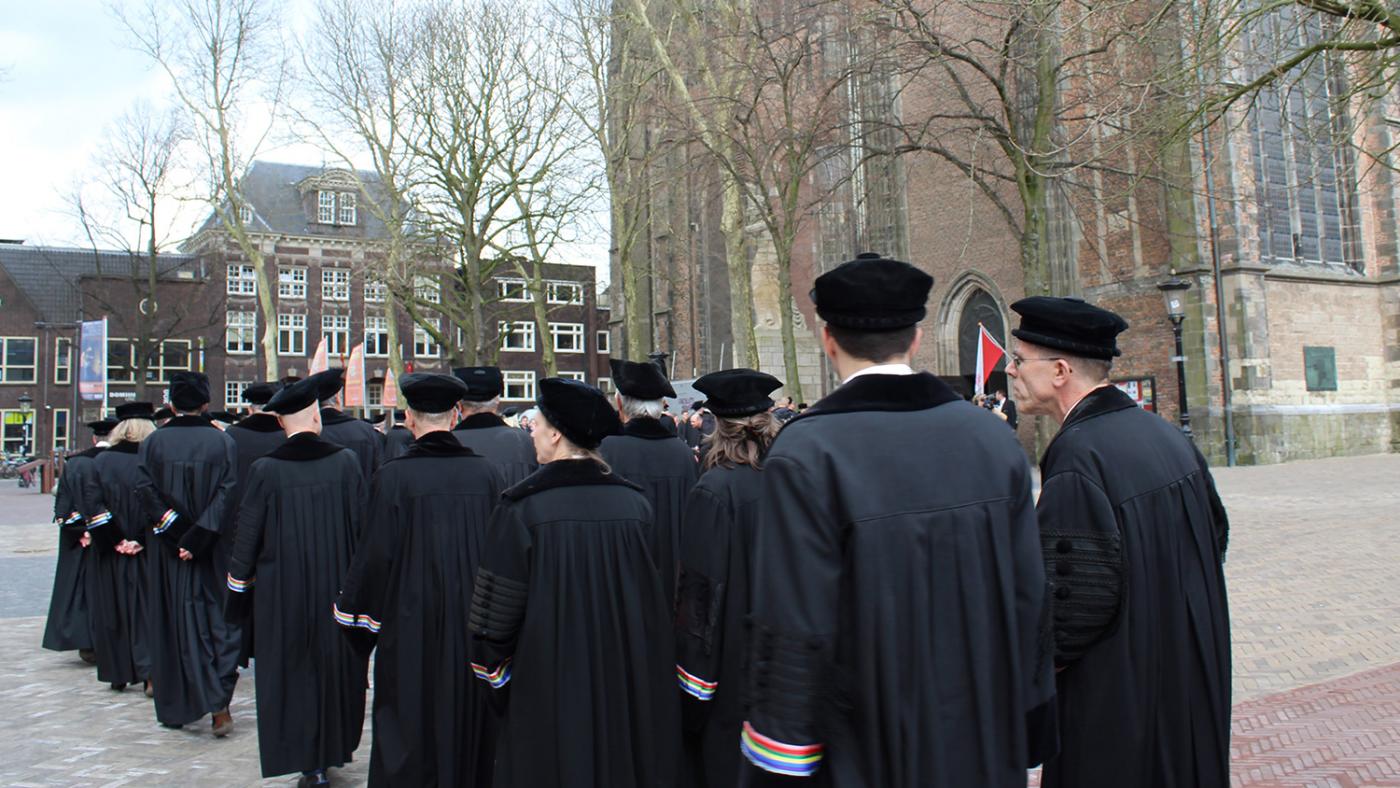Wearing two hats
Parliament wants to know how minister intends to enforce ‘secondary positions’

Half of the tax law professors in the Netherlands are affiliated with a commercial tax consultancy firm. Another twenty percent work in public administration or as judges. This was revealed on Tuesday by research conducted by Jan Vleggeert, professor of tax law at Leiden University.
Lobby
It begs the question of how independent the profession is. ‘So many people wearing two hats does not contribute to a balanced system,’ says Member of Parliament Luc Stultiens (GroenLinks-PvdA) when asked.
He already sees a strong lobby of tax consultancy firms in The Hague. However, as a member of parliament, he must also be able to rely on independent information from the scientific community: ‘Society benefits when universities can offer an independent counterweight to that lobby.’
Stultiens asked parliamentary questions on Friday in response to the dual-hatting investigation. ’How will the minister act if universities and researchers do not make their ties to the business community transparent?’
Sanctions
Further investigation by the Higher Education Press Agency also revealed that the part-time jobs of several tax professors are not listed in the register of secondary occupations. D66 believes that sanctions should be imposed on academics who are unclear about their interests elsewhere.
This issue is not yet being discussed in the Lower House. ‘Perhaps it is still too early for that,’ says Lower House member Annemarie Heite (NSC). Trust in science is already under pressure, she observes, so she feels the need ‘to make a serious appeal to our universities: be completely transparent about ancillary activities’.
In the Dutch parliament, the Dutch Socialist Party (NSC) and GroenLinks-PvdA (GreenLeft-Labour) have often raised the issue of conflict of interest. GroenLinks-PvdA focuses primarily on the question of whether professors facilitate tax avoidance. ‘If, for example, multinationals have to pay too much tax, consultancy firms are quick to point that out to us,’ says Stultiens, ‘but who points out a loophole in the tax rules to politicians? Can we trust scientists to raise that?’
The benefits affair was reason for NSC to be critical of fiscal double-hatting. Pieter Omtzigt, for example, has repeatedly expressed his surprise at the fact that tax law professors did not sound the alarm about the benefits affair.
Stop
Last Wednesday, Leiden researcher Jan Vleggeert suggested there should be a ban on dual roles for newly appointed professors. Luc Stultiens wants to know from the minister if she sees any merit in this. And does an independent academic discipline have a maximum percentage of dual roles? The minister's response is expected at the end of April.